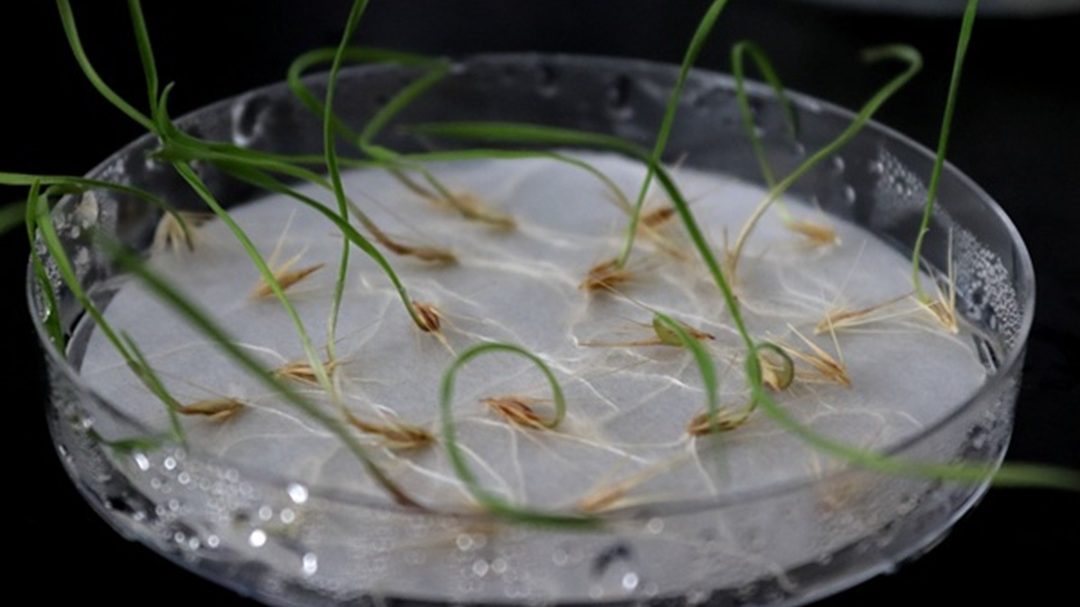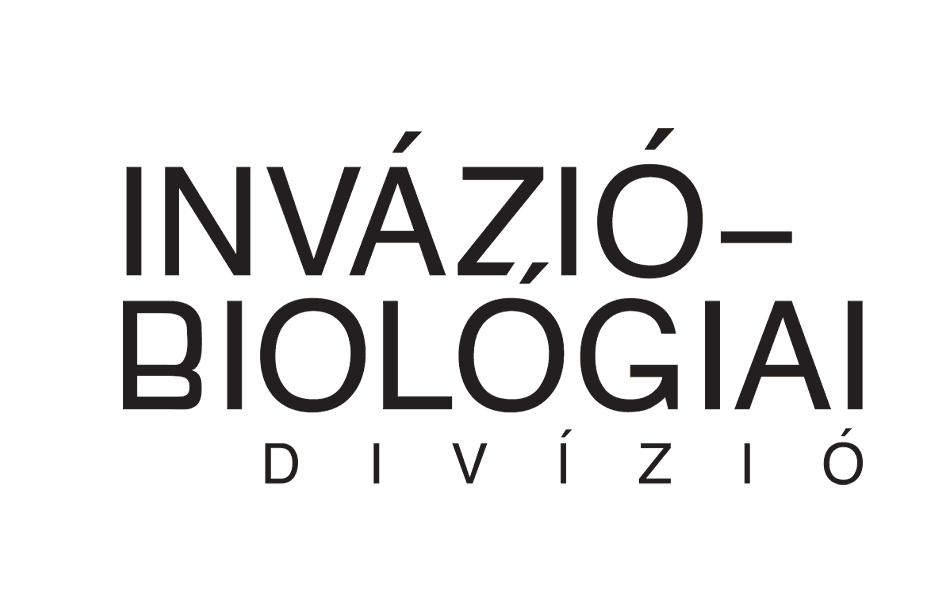Seeds of plant species are often dispersed unintentionally on our clothes, which thanks to the increasing mobility of people, can be important events in the process of biological invasions. Researchers from the HUN-REN Centre for Ecological Research, ‘Lendület’ Seed Ecology Research Group, investigated this topic, and published their results in the D1-ranked scientific journal Journal of Environmental Management. This study provides critical insights into the unintentional spread of plant species through human-vectored dispersal via clothing, a pathway that has received limited attention so far. Their findings show that most seeds remain viable after typical household washing, even at common temperatures and a wide range of detergent types, highlighting a largely overlooked vector of plant dispersal. Since most of the plants that are capable of cloth-dispersal are weeds and invasive species, the results have important implications for invasion control. They emphasize the need for targeted biosecurity measures, especially among those working outdoors, to mitigate the spread of invasive species. The results also offer actionable strategies for environmental management by integrating behavioural changes and public awareness to reduce the environmental impact of human-vectored dispersal. According to their questionnaire survey, raising awareness is especially important for nature conservation professionals who are among the most important potential vectors.

Citation of the paper:
Lukács, K., Kiss, R., Tóth, Á., Godó, L., Deák, B., Valkó, O. (2025): Effects of laundry washing on germination of cloth-dispersed seeds depends on washing intensity not on detergent type. Journal of Environmental Management 375: 124345.



